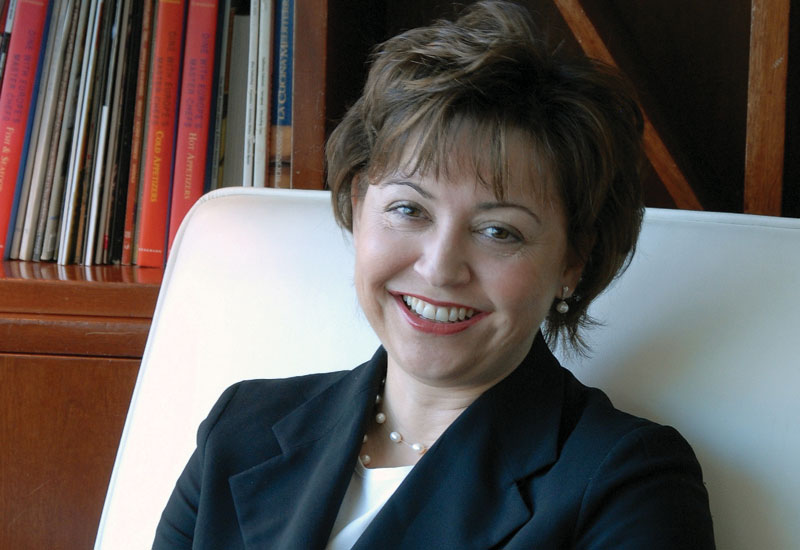Multi-Skilling
It is hoped that the events of 2009 could foster a more versatile and efficient workforce throughout the industry. Now deployed across the region, these developments have the potential to create cost savings for employers and offer clearer progression routes to employees.
“The business situation in 2009 had a positive impact upon the development of our internal employees,” confirms Rotana’s Yaghi.
“Certain employees were ‘forced’ to invest more belief in their subordinates and build up their skills. It goes without saying that this has been very positive for both the employees and the employer.”
For sceptics, there is evidence that multi-skilling (as it has become known) can work effectively in the region’s hotels. In fact, it is nothing new at all and has been used in the Middle East’s budget brands for many years.
This is, however, the first time multi-skilling has been deployed systematically further up the star rating. For example, Accor has been widening the responsibilities of its employees in all hotels by extending the recruitment model used in many of its budget and mid-range brands like Ibis, Suitehotel and Novotel. “In these properties, multi-skilling is already in place and our associates are trained accordingly,” says Accor’s Landais. “It’s important to the way in which we do business.”
In recent years, the authenticity of the hospitality experience has become increasingly more important for guests — a trend that has increased the demand for locally recruited employees.
However, beyond Dubai, many hoteliers still find it difficult to recruit and retain good quality employees from local sources. In some regions, operators have had to take on more aggressive recruitment campaigns and make bigger investments into the personal and professional development of local employees.
“Candidates with Middle East experience are in high demand and can be very hard to find,” says Yaghi, “and, of course, everyone is competing for them!

Advertisement
“Rotana is expanding across the Middle East, so we are participating in job fairs across the region in search of local talent. We want to help local people plan a long-term career with us and to embrace our values.”
The development of the local workforce is also the lynchpin of Hilton’s entry into Saudi Arabia.
With experience in short supply, Hilton has deemed it necessary to take a hand in developing the kingdom’s hospitality industry to secure effective recruitment throughout its long-term expansion plans.
“We are dedicated to developing local talent in the Kingdom of Saudi Arabia,” says Hilton’s Stevens.
“With ambitious expansion plans in the Kingdom, we are currently recruiting and developing Saudi Nationals to take on a bigger role in the hospitality industry. So far, we have had great success and this has given us a foundation to build up our recruitment strategy.”
With intense competition for the most talented candidates, it is essential for employers to start casting their search beyond their usual recruitment zones. Understandably, employers prefer to recruit people already living the region, but many believe that local talent pools are in need of reinvigoration and fresh blood.
“The industry has been highly incestuous in the past with the same people simply moving from one hotel to the next,” explains Kershaw Leonard managing partner Mike Hynes. “New blood is needed and so switched on hotels are beginning to draw upon talent pools in other service industries through specialist recruitment companies.”
“It is certainly the time to stop looking solely for new employees with years of expertise within the same field,” adds Yaghi. “Instead, we should welcome fresh blood with the right attitude and see what new ideas these employees can bring to the table.”









 Search our database of more than 2,700 industry companies
Search our database of more than 2,700 industry companies









